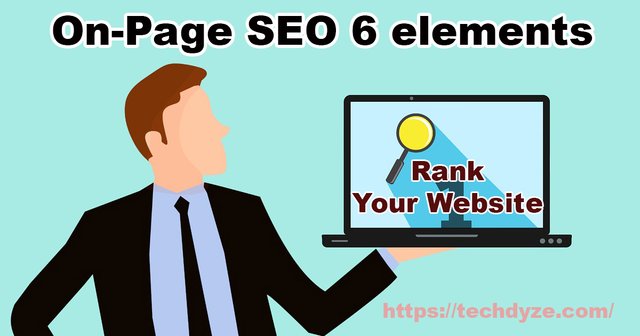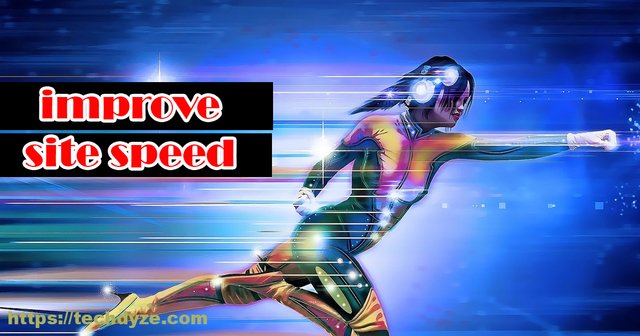On-Page SEO Elements
What is On-Page SEO? The Important elements to consider in On-Page SEO. In this article, we will discuss some critical elements of on-page SEO. Let's take a quick overview of these elements. First is content coverage (High-quality pages/quality over quantity/keyword cannibalization ). Second high keyword density is a myth that does not work in 2022, and the third is user experience. Fourth know your audience (answer the public). Fifth is your website speed. Six is your website responsiveness, and the seventh is link building. Eight is user engagement tactics.

Image source: pixabay.com
Content Coverage
Talking related to the same topic on different pages is called keyword cannibalization. Keyword cannibalization occurs when you create too many pages related to the same keyword. As a result, the search engines like Google and Bing cannot understand which content to rank higher. There may be related keywords but targeting the same keyword will not rank your website. Content Coverage means relevancy. Now, after what I am going to tell you, you will understand what is the content coverage.
For example, you want to write articles on freelancing. In freelancing, you should write how to learn a skill, how to practice a skill, how to create a portfolio, how to work on Upwork, how to work on Fiverr and get orders, buyer requests on Fiverr, catalogs on Upwork, get the project on gurru.com, getting projects on the outside freelance marketplace, and using the website to get freelance work.
Now that you are talking about freelancing. But you are creating separate pages for everything that might be useful or helpful to a freelancer. In the real sense, this is content coverage. Lest you make twenty to twenty-five pages on Fiverr. You create a single page and provide complete information on it. So the request is don't keyword cannibalization. Do not cover the content with the same keyword in the content coverage. Use a similar keyword.
User Experience

Image source: pixabay.com
User experience matters a lot in website ranking. If someone visits your website and doesn't know how to navigate? Where are the buttons like home, about, contact, and services? You should use images in your blogs in a good way. When you are creating a website, make sure that it loads and fits easily on all gadgets (mobile, desktop, iPad, etc.).
Responsive Website
Responsive means your website should display correctly on mobile phones. You can easily navigate from one topic to another. Don't be cluttered. The text should not be too close. Your text should not be small. Be easy to read and understand.
Know Your Audience
First, you have to know what people want. What are people searching for? Go to Google and see how many searches are being done on your topic. You need to know your audience.
Website Speed

Image source: pixabay.com
Website speed is a huge element in on-page SEO. If you are a WordPress user, minimize the load time of your website by reducing unnecessary plugins. If the plugins that are not useful for you, are slowing down your website, then those plugins should not be on your website. Site speed plays an important role in the ranking of your website.
Link Building
Link building is an important element in on-page SEO. I don't know why people have started saying that link building doesn't matter. The famous websites, which have high DA (domain authority), if they are giving you backlinks, passing juice, and do-follow links then do matter big. So link building is very important.
These were the elements that I wanted to share with you. If you optimize your pages according to them, your pages will get a 100% top ranking. If you don't know what SEO is then click on the link below. Thanks for reading this article.
https://techdyze.com/what-is-seo-learn-search-engine-optimization-part-1.html